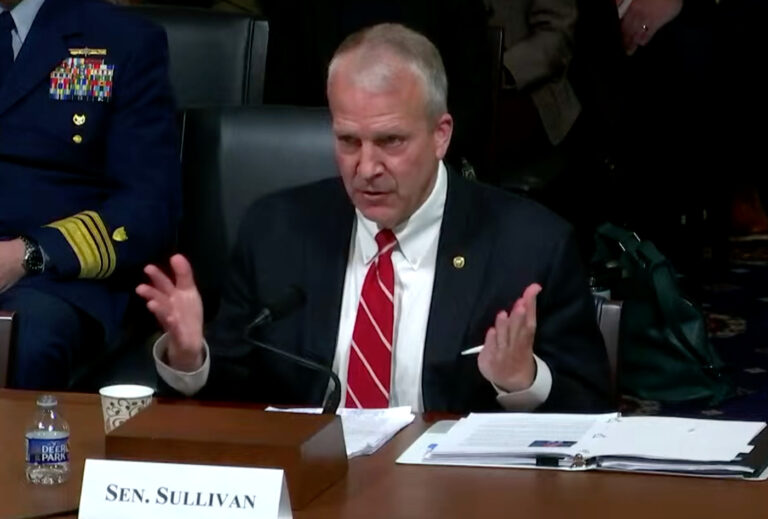By SUZANNE DOWNING
At a time when free speech is under increasing attack by liberals and a government colluding with private companies to suppress the views of Americans, Elon Musk has emerged as a defender of this fundamental constitutional right.
He’s become the target of the mainstream media mafia, which sees X, formerly known as Twitter, as its fiercest competition. Indeed, Musk is now allowing entire news stories to be seen on people’s feeds, which is a departure from the original 140-character limit in those early years when the company was a social media upstart built for quick quips.
In order to take out X as a competitor, the media must first take down the man standing in the gap for free speech: Elon Musk.
Musk’s 2022 acquisition of X ignited debate about the importance of open dialogue and the stifling of conservative voices on all major social media platforms. The X platform became filled with a more diverse range of views, causing some liberal journalists to simply quit (we’re talking about you, NPR and Keith Olbermann), and drift to one or another boutique platform, where they could enjoy their echo chamber in peace.
Twitter had been become blatantly bold in how its content moderators made conservative voices simply disappear in advance of the 2020 election. The company, under the direction of Jack Dorsey, even canceled the Twitter account of President Donald J. Trump.
It is not far-fetched to suggest that Twitter played a significant role in shaping the 2020 presidential election, and this week’s hearings in the House Judiciary Committee on the weaponization of the federal government in social media have shed light on what was suspected, but until recently has not been proven.
The evidence presented in the Twitter Files reveals a pattern of partisan moderation aimed at controlling the narrative of the news cycle. None of this would have been known if not for Musk purchasing a majority share and revealing what was going on behind the curtain.
Within a few weeks of taking over the company, he laid off some 80% of the workforce, cutting costs dramatically. And, voila: Free speech was back, nearly overnight. The mainstream media, like the Grinch who stole Christmas, was not amused.
As the cancel culture resorted to the usual playbook of calling Musk antisemitic, even the White House got in on the fun. And in 3-2-1….that scared some of the advertisers.
In an interview at the 2023 New York Times DealBook Summit, Musk was unapologetic when questioned by Andrew Ross Sorkin about advertisers fleeing his platform. Musk boldly responded, “If somebody’s going to try to blackmail me with advertising, go f— yourself.”
Musk also took legal action against the biased news-vetting organization Media Matters for manipulating algorithms to drive away advertisers. Media Matters is a 501c(3) nonprofit progressive group that describes itself as “comprehensively monitoring, analyzing, and correcting conservative misinformation in the U.S. media.”
Musk is not going down without a fight.
The sacrifices Musk has made in pursuit of defending this free speech platform are significant. According to Reuters, monthly U.S. ad revenue at X has plummeted by at least 55% year-over-year since Musk became the majority shareholder. The platform could lose up to $75 million in advertising revenue by the end of the year due to companies pulling out, some sources say.
“Go f— yourself,” while not original to Musk, will become one of his more memorable quotes. But he’s had others:
“When something is important enough, you do it even if the odds are not in your favor.”
“’Never. I don’t ever give up. I’d have to be dead or completely incapacitated. For my part, I will never give up, and I mean never.”
“Take risks now. Do something bold. You won’t regret it.”
“A source of strength, hm. That’s really not how I think about things. For me it’s simply: This is something that is important to get done, and we … we should just keep doing it or die trying. I don’t need a source of strength. [Quitting] is not in my nature, and I don’t care about optimism or pessimism. F— that, we’re gonna get it done.”
What’s remarkable is that these are not that profound – except that most business leaders in America have become such lily-livered cowards, that these ideas sound big. Too many CEOS are even loathing capitalism itself.
Then there’s Musk — a guy whose trying to land a rocket on Mars. A guy who has rewritten the history of satellites and broadband. A guy who built electric cars before electric cars were cool. He doesn’t care what Disney says.
Musk’s unwavering fight to provide a platform for open dialogue is a bit of good cheer at a time when we sorely need some. This may be the year that “You’re trying to blackmail me? Go f— yourself” is the happiest, most joyful season’s greeting of the day in America, along with “Merry Christmas,” “Happy Holidays,” Happy Hanukkah,” and “Have a Happy Kwanzaa.”
Suzanne Downing is the editor of Must Read Alaska.









